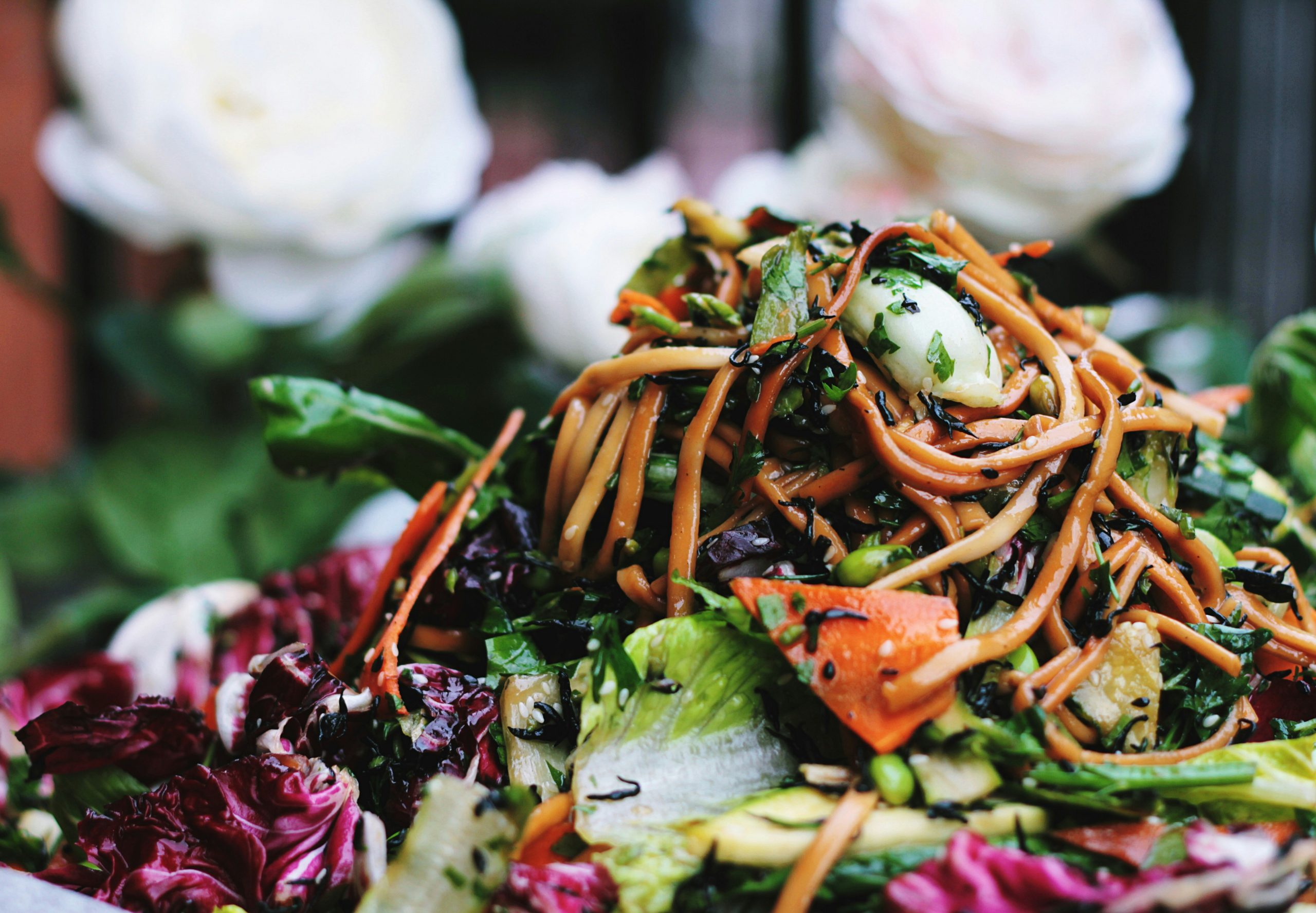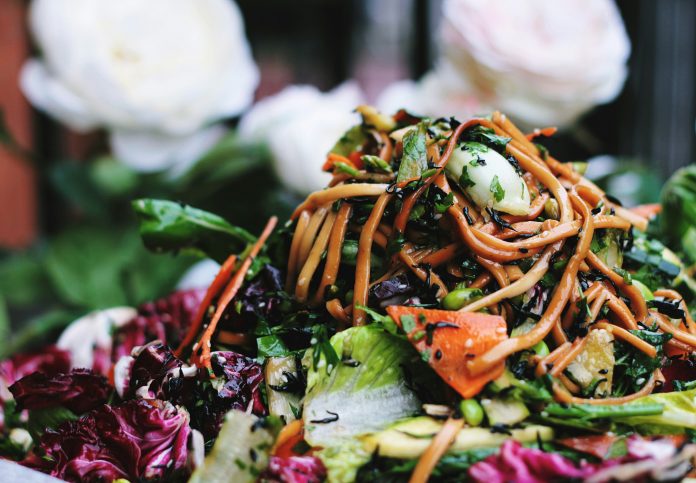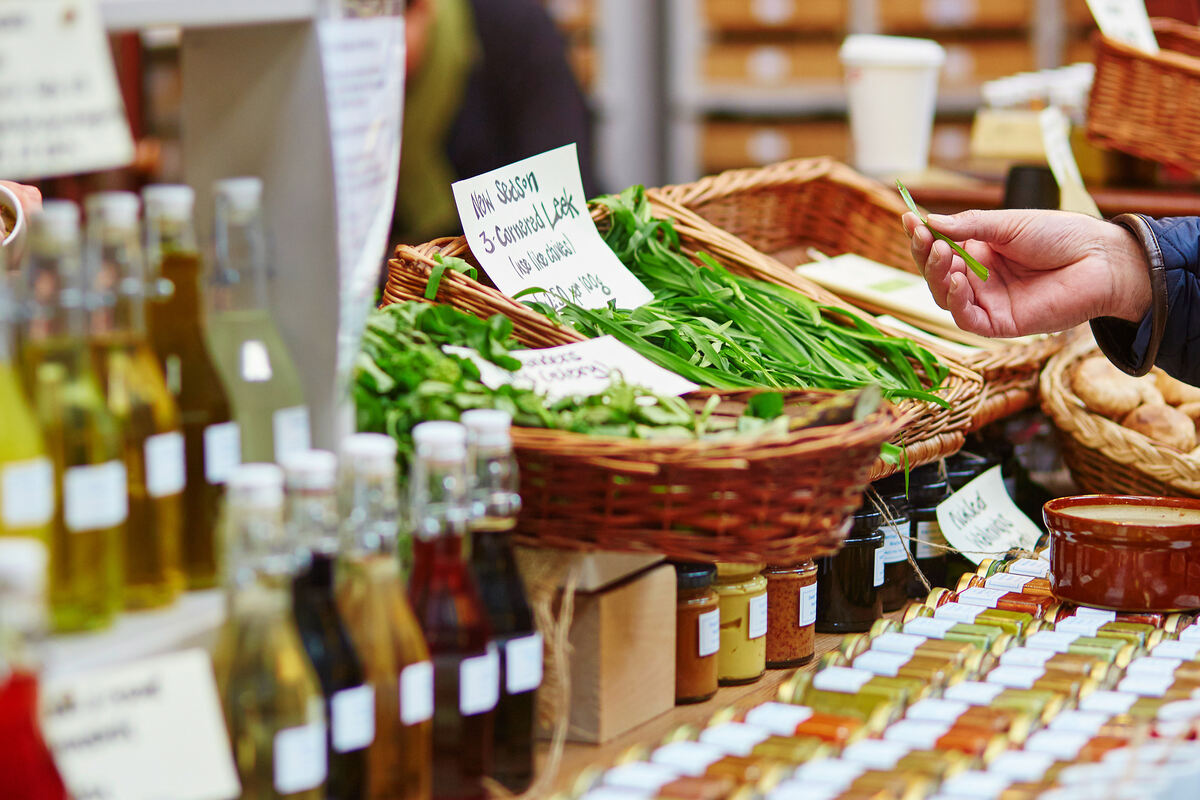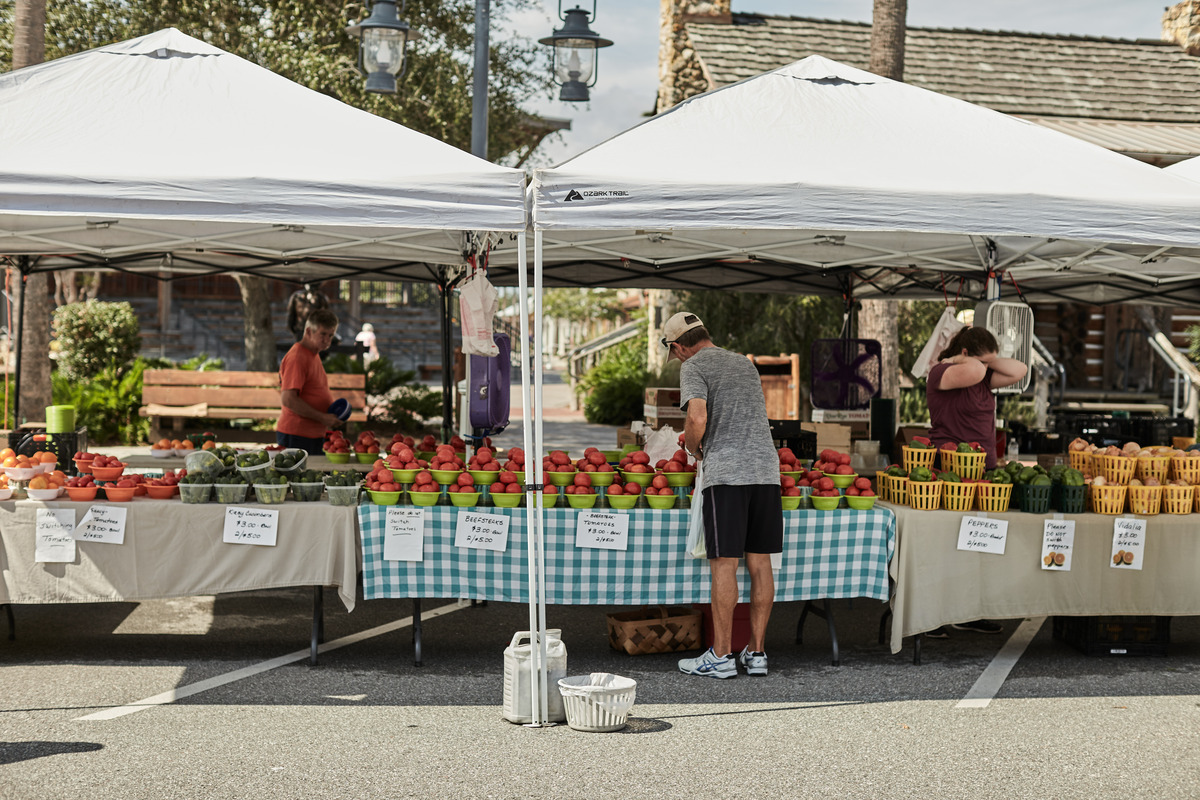People who live in “Blue Zones” know the power of holistic health choices. They follow daily habits that extend their life — like gardening, exercising, and regular napping — and have a strong sense of purpose that keeps them active well into their later years.
If you want to live a long and happy life, consider following in the footsteps of those who hail from Sardinia, Okinawa, and the Nicoya Peninsula by adopting sustainable, low-stress habits. Even simple changes, like regularly cleaning your home to remove mould, can boost well-being and aid efforts to stay healthy in later life.
A few mindful choices can improve your quality of life, too. Switching processed candies for sweet berries and natural sweeteners can boost brain health while sourcing local foods can ensure you have all the vitamins and minerals you need to stay active.
Sustainable Dietary Choices

Following a healthy, balanced diet is a core pillar of health. Eating processed, high-sugar, fatty foods is almost certain to reduce your life space and reduce your quality of life. According to the Canadian Cancer Society, more than 11,000 cancers could have been prevented if people lost weight and followed healthier habits.
However, buying fresh fruits and produce out of season isn’t sustainable. Eating strawberries in January may be a good occasional treat, but the air miles associated with importing berries from Spain or Mexico means that your fruit salad will have plenty of carbon emissions.
You can negate some of your carbon emissions while maintaining a healthy, fruit-rich diet by eating more seasonal produce. Fruits like apples and oranges are in season from October to February, while beans, kale, and carrots can be bought locally in the summer and stored for the winter season when few vegetables are in their prime.
When putting together a sustainable, healthy meal plan, focus on including plenty of immunity-boosting foods that improve your holistic health, such as the following foods.
- The Whole Rainbow: Eating a colourful diet is a sure sign that you’re following a healthy lifestyle. Colourful fruits and vegetables tend to be higher in vitamins and will give you the immune support you need.
- Pre- and Probiotics: Foods like garlic, onion, asparagus, and bananasincrease the amount of “good” bacteria in your stomach and reduce inflammation throughout your body.
- Proteins: Taking in a wide range of protein sources ensures you get all your amino acids and can help you get key micronutrients like zinc, vitamin D, and selenium.
The easiest way to eat an immunity-boosting, holistically healthy is to follow the example of people who live long and eat more locally sourced foods. Farmers and fish markets sell a huge range of fresh produce and proteins that will keep you well-fed without ballooning your carbon footprint.
Air Quality
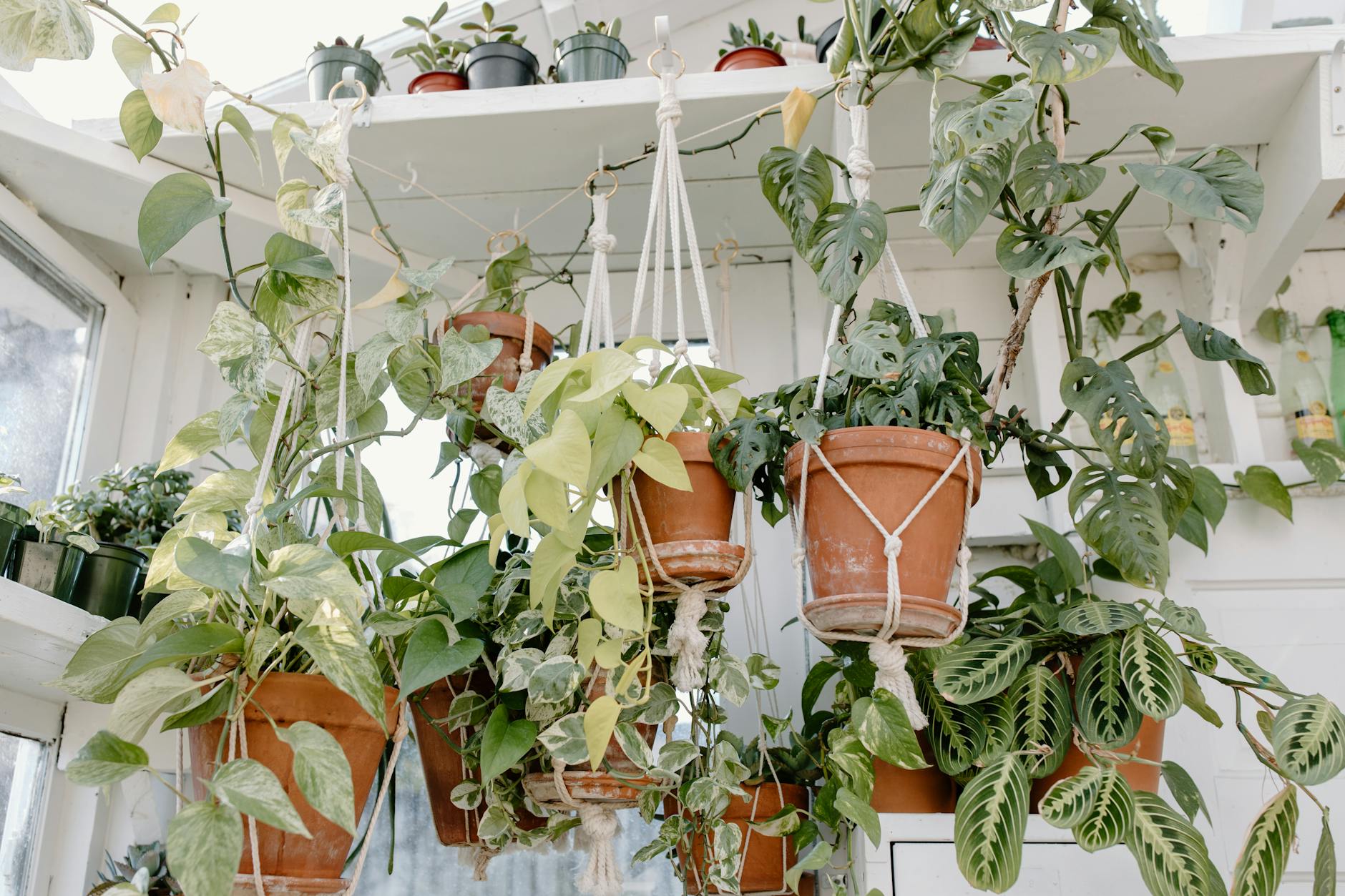
Seasonal wildfires have turned air quality into headline news in recent years. Breathing poor-quality air puts a strain on your respiratory system and can undermine your long-term health. A recent report published by the Canadian Government, titled “Human Health Effects of Wildfire Smoke” suggests that 240 deaths occur each year due to short-term exposure, while 2,500 deaths occur annually due to long-term exposure to poor air quality.
As a homeowner, you can protect your health and improve your energy efficiency by replacing older air conditioners. This simple step can protect your holistic health and help you lead a more sustainable life by:
- Mitigating the use of R-22 Freon (a common refrigerant in old air conditioners that damages the ozone);
- Reducing the risk of exposure to bacteria and mould that breed in AC units and cause illnesses;
- Aiding those with asthma or COPD that need a clean air supply;
- Preventing “sick building” syndrome.
You can also use houseplants to improve your air quality at home. Plants naturally soak up toxins and boost oxygen circulation in your house. Those who live in Blue Zones tend to have a passion for gardening, too, and use their yards to create a mentally calming space that reduces stress. If you’re interested in picking up houseplants that boost air quality, consider:
- Spider plants;
- Peace lily;
- Snake plant;
- English ivy.
These plants thrive in almost any condition and will gratefully soak up any pollutants in your home. They make for excellent decor, too, and could help you stay mentally healthy when you can’t spend time hiking or jogging through nearby parks due to wildfires.
Eco-Friendly Exercise
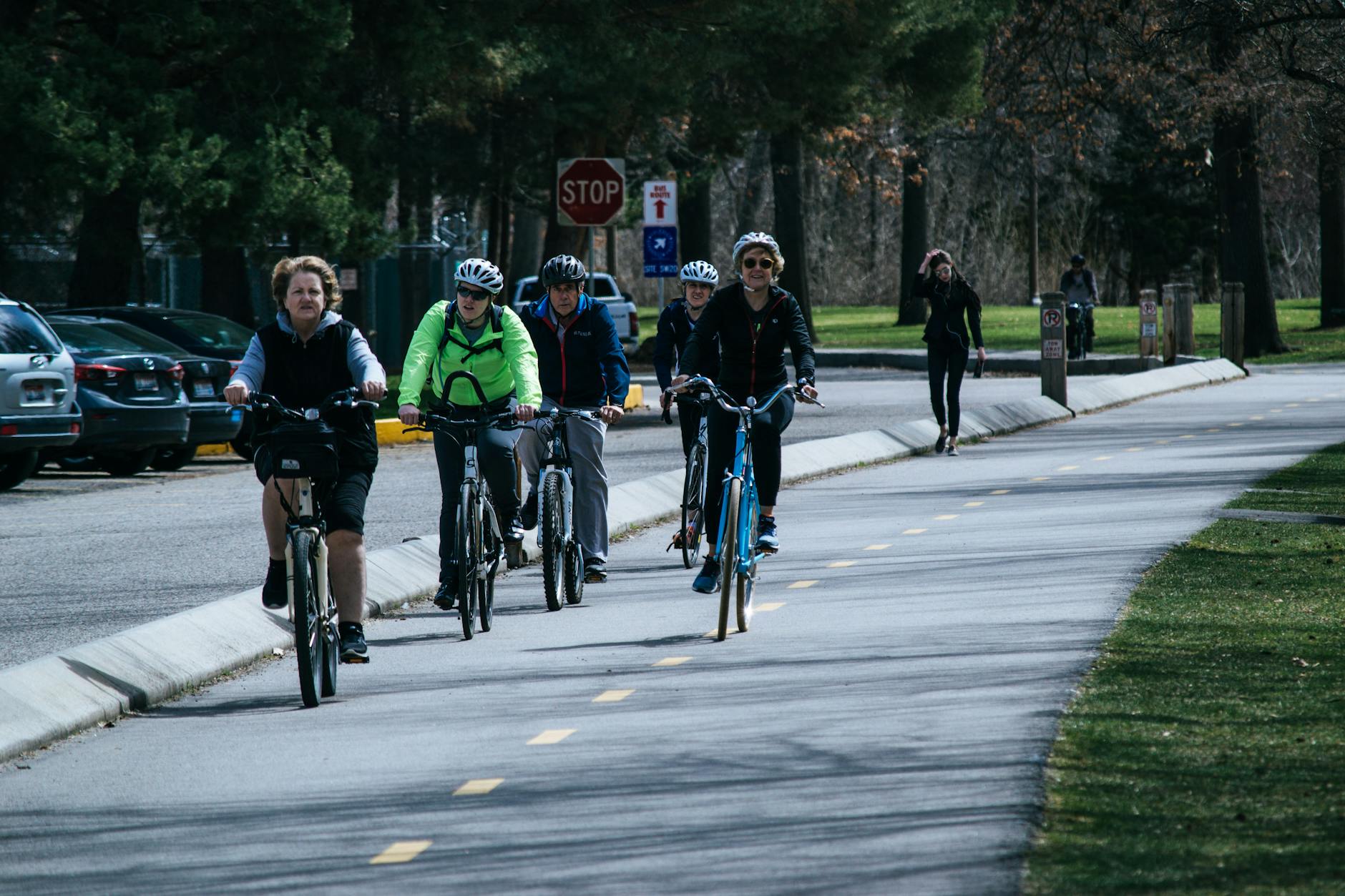
All forms of exercise are good for your health and well-being. A simple stroll in the park can help you hit the “reset” button after a long day at work, while a group spin class can meaningfully improve your cardiovascular health. However, if you want to use your exercise habits to promote an eco-friendly purpose, consider activities like:
- Gardening: Keeping a garden promotes biodiversity and gives you an easy way to unwind with gentle movement in the evening. Digging, mulching, and moving pots can help you build strength, too.
- Cycle Commuting: Switching the car for a bicycle is an easy way to reduce your carbon emissions while working up a sweat. Just be sure to test your route to work first, as you may be surprised by how difficult your morning commute is when utilizing pedal power.
- Charitable Events: If you’re a distance runner or strongman, consider hosting fundraising events to raise money for eco-friendly charities. People will love donating to green causes, and you’ll get an extra motivational boost when you lace up your shoes or lift some iron.
Finding ways to protect the environment while exercising can give you a strong sense of purpose, too. This is key, as people who live longer report that they have a clear sense of direction that helps them engage with the world at large.
Conclusion
Leading a mindful, sustainable lifestyle is a great way to boost your health and wellness. Making simple changes to your diet — like eating locally sourced, seasonal produce — can reduce your carbon footprint and help you lead a more active lifestyle. Just be sure to make holistic changes to your living space, like bringing in a few house plants, as this will improve your air quality and help you destress after a busy day at work.

